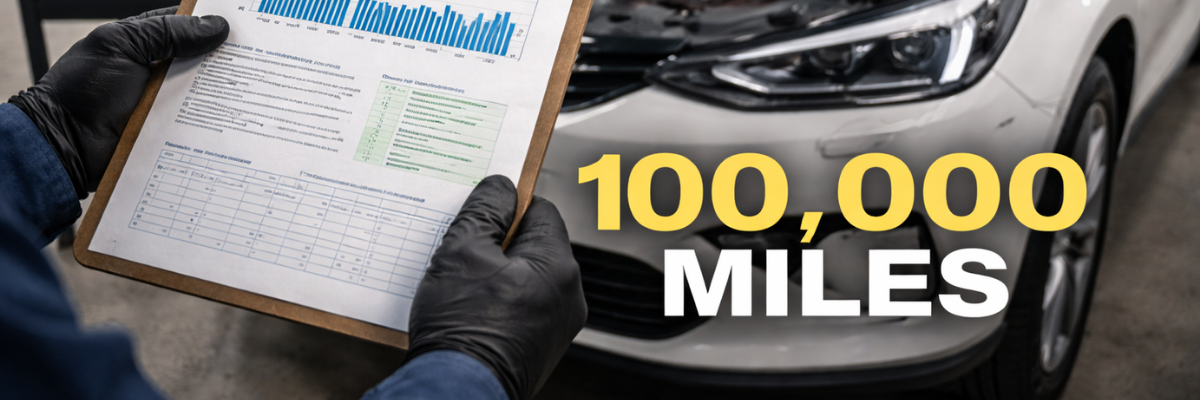As AI tools like ChatGPT, Grammarly, and image generators are being used more and more in classrooms and study halls, the question that keeps coming up is: Is using AI in school cheating? Many times my daughters come home and say, “Our teachers told us not to use ‘Chat'”. This got me thinking about how teachers and students even view AI.
So, is using AI cheating? It’s a fair question—and like most things, the answer isn’t as simple as “yes” or “no.” Let’s talk about what counts as cheating, how AI fits into the equation, and what students, teachers, and parents should know about this evolving landscape.
What Is Cheating, Anyway?
Traditionally, cheating means gaining an unfair advantage or misrepresenting your own work. Copying someone else’s answers, using notes during test, or paying someone to write an essay all clearly fall into that category. But what about running your rough draft through Grammarly? Or asking ChatGPT to reword a confusing math problem? Suddenly, the boundaries blur.
AI is a Toolbox
AI use in school comes in many shapes and sizes. Here’s a breakdown of how many students are using AI—and where it lands, well, where I believe it lands, on the ethical spectrum.
Study Help (Acceptable):
- Asking ChatGPT to explain the Pythagorean theorem
- Using AI flashcard generators
- Running grammar checks or getting feedback on your work
Gray Area (Context Matters):
- Having AI generate an essay outline
- Asking for thesis suggestions or brainstorming ideas
- Completely rewriting your own content using AI
Likely Cheating (Prohibited):
- Having AI write full essays or solve assignments word-for-word
- Submitting AI-generated answers without attribution
- Using AI during a closed-book test or exam
What’s really the biggest factor? Like most things in life, it is intent. Are you using AI to learn or to avoid learning? It’s that simple.
What Schools Are Saying
Some schools have outright banned AI. Others embrace it. A growing number are building AI literacy into the curriculum, teaching students how to use these tools responsibly—much like calculators or spellcheckers. Harvard, for example, encourages AI use with disclosure. Many high schools now require students to indicate when they used tools like ChatGPT in their work, similar to citing a source.
Teachers: AI Doesn’t Have to Be the Enemy
We have seen educators use AI too! Whether it’s drafting their lesson plan or helping to create quizzes. More importantly, they should teach students how to:
- Critically evaluate AI responses
- Understand bias and limitation
- Use tools ethically, just like a reference book
If we want to prepare students for the future, that includes teaching them to wield the tools of the future responsibly and correctly.
If you’re hiding AI use to pass off someone else’s work as your own—it’s cheating.
If you’re using AI to understand, explore, or refine your work—it’s learning.
A Poor Craftsman Blames His Tools
A pencil can be used to solve a math problem or to copy your friend’s test answer. The same is true for AI. Rather than banning it outright, schools and students need to develop clear guidelines, have conversations with their students, and recognize the opportunities (and risks) AI brings to education. Because in the end, the goal isn’t to avoid AI. It’s to learn how to think critically alongside it.
















